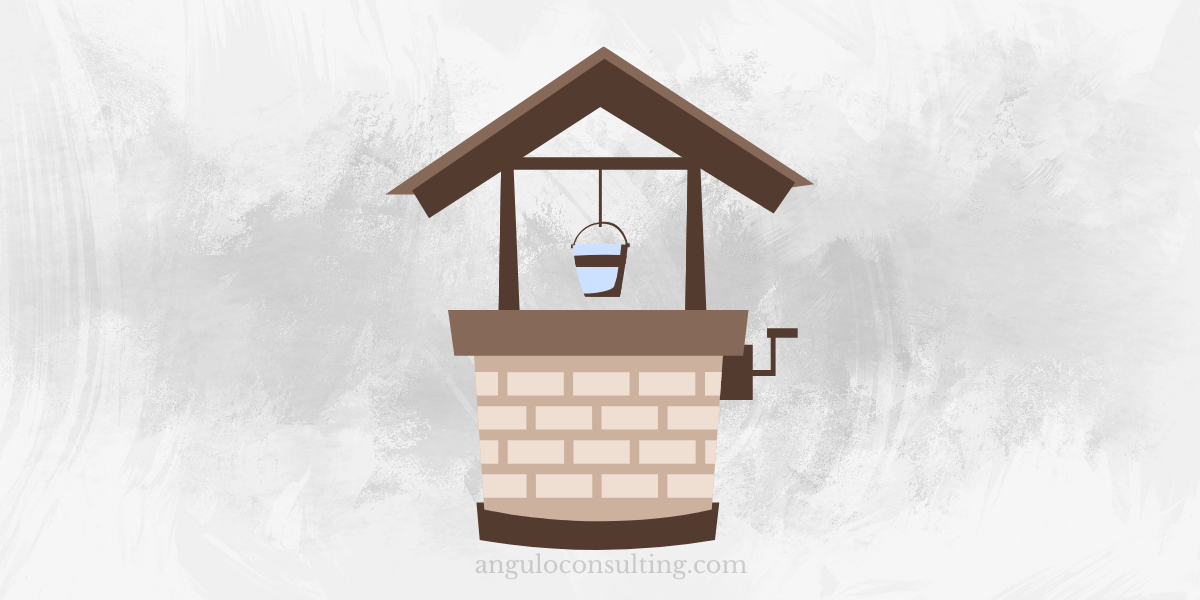
1. Well Water comes directly from the ground
The water that flows through the hole is not treated groundwater. People who construct wells drill down to the aquifer, which is an underground permeable layer of rock that is a reservoir of water. Then, they construct an underground pipe system that will bring water out of the ground to the house.
It’s not difficult to find potable groundwater. Since groundwater is essentially rainwater which has moved from the soil to an aquifer, it is able to carry other components. A well-water has more than water.
2. A majority of the time, Well Water is Hard Water
Water is an excellent solvent. Groundwater dissolves organic matter and soil minerals into rocks under the ground. Minerals like magnesium and calcium make the water extremely hard.
In general, a house with a private water source requires a softener for its water, other than if it’s in an area that has fewer these minerals. Suppose you are building a home in a rural area that has no water supply from the municipal system, and it is, therefore, best to install a water softener. If you are buying an existing house with a water softener, it could be a water softener. It is essential to note that this device may need to be updated in order for it to be effective and efficient in treating water. The water.
It is important to be aware of indicators that indicate the need for a softener replacement. If they don’t, they can obtain a no-cost analysis of the quality of their water to find out the best ways to tackle the water quality issues in their wells. If they’re not acquainted with the technology for treating water, then they should get a better understanding of the ways that water softeners work with the assistance of the blog written by the writer.
3. Well water can have an unpleasant smell and cause staining
When people move into the old farm, they might find some spots on fixtures, including sinks, toilets, sinks and bathtubs. A few of them could be caused by limescale from hard water that comes from the well. However, the most negative staining is caused by the iron content of the house.
Although iron doesn’t cause concern, it can bother you since it could alter the taste of water and create staining that is orange and difficult to get rid of. There are some suggestions for getting rid of stains, but the most efficient method to get rid of the stains is to install a specific iron filtration system in place.
There are times when water treatment materials are employed to lessen the sulphur smell that is a result of well water. This material is able to soften water, too, which can reduce the number of treatment equipment systems required to be used in homes. Homeowners are advised to seek the assistance of an expert in water treatment locally to analyze the situation and suggest the most suitable solution.
4. Well Water Can Harbor Contaminants
The majority of well water concerns are related to aesthetics, but they could be more significant than their smell or appearance. Private well water is more likely to be impacted by pollution when compared to surface waters. However, wells may also contain contaminants.
The elements arsenic and uranium are natural pollutants that dissolve in groundwater as it moves through rocks and soil. They are found in various amounts across different US regions. An expert in water treatment in the region can provide the specific risks that are unique to this region of the nation.